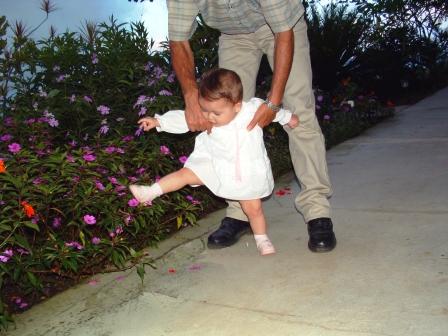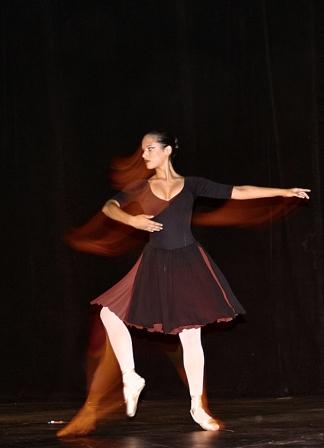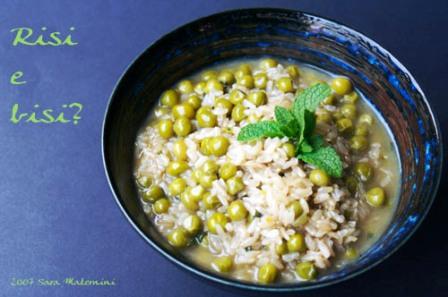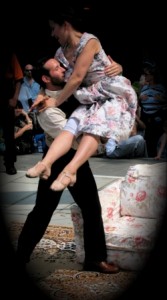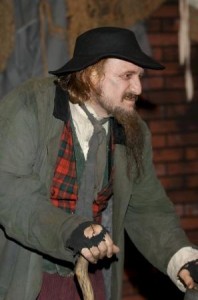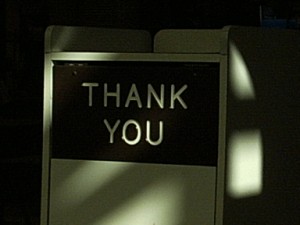No – I haven’t spelled it wrong; I’m using the dialect term from my childhood. ‘Laik’ – to play – is a word of Viking origin, as many are in Yorkshire. It’s also the root of a certain famous brick: Continue reading
Tag Archives: edit
Landscape – with editor
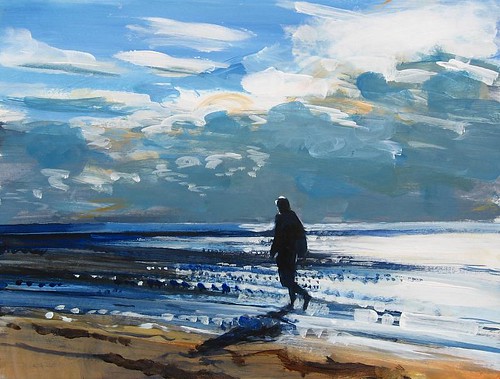
Study by David Pott
After over six weeks of lying in a metaphorical drawer, I am looking at one of my scripts. The frenzy that was NaNoWriMo certainly meant I wasn’t thinking about it during that period, and I am now able to look at it with some detachment.
I can see the sparse clearings and the lush dells; engage with the inhabitants I had grown to love, and generally see the wood for the trees.
There will have to be felling of some parts – and some judicious pruning. I may have to sacrifice some sub-plots I had lovingly tended to make the whole thing healthier and stronger – like a fire-break has to be cut through the forest at times. And even the best and sternest of lumberjacks needs help, I expect.
I had hoped that my MA ( can it really be two years ago?) would equip me to edit better. I think I am a slow learner at times – or just plain inexperienced. So I am buying help in. There’s a small, whiny, possibly egotistical voice, says that this is failure.
This book – if it ever gets published – may well end up costing me more than I could ever earn from it. Nonetheless, I have learned a great deal. If nothing else, tremendous respect for those whose work is good enough to be published – and in some cases, downright awe.
I do hope I can get the best out of the advice. That I can sit on my ego – hard. That I can find the humility to accept what is said in the spirit it is meant – and the self-confidence to argue my point when I really have one.
I’ve read my story again – and I can honestly say, some of it is good. Now I need help to make it better.
Overdoing it
My glamorous and talented belly-dance instructress, Jenn will tell you that overdoing it is one of my failings. She does an elegant hip drop with languid grace – I do a great dump of a thing more like a cliff collapse. I have a tendency to make up for what I lack in finesse by enthusiasm.
Such exuberance is endearing in a puppy – but in a woman of my years, possibly less so. I am not, however, arguing for half-heartedness in dance or anything else creative for that matter. I passionately believe in embracing things; in involving your core, both literally and figuratively.
But I have observed that I come unstuck in my writing when I spend all my arrows too soon. I throw similes, metaphors and period details all in at once. Maybe there will be a signpost to a later event and a character revelation – all within a couple of paragraphs. Overcomplicated, and worst of all, confusing to the reader.
It’s not that I think readers need to have everything pointed out and labelled – but I make it hard for them to see what is important in a welter of extraneous stuff. Think overenthusiastic tour guide telling you about every architectural phase of the stately home’s building, some juicy anecdotes and a list of owners all at once.
I do it on the minor scale too. A sentence about crossing a bridge in Selchester at first go could well be like this –
Georgiana halted on the shining river-worn cobblestones in front of the five bar tollgate, waiting impatiently for the ancient Bridgekeeper to make his grumpy hobbling way to her.
Overwritten or what.
Now it has to be said that there are genres and styles that are properly more elaborate and intricate than others.
But if the decoration is only there to distract the eye from a bodge, that’s not good.
So in my editing I am endeavouring to locate the one important thing I need to convey in each paragraph – and let everything else serve that. Ideally, that should apply to sentence level too.
Instead of a bottom-of-the fridge stir-fry, I want to create a memorable dish full of flavour – but not too many of them.
‘Non più di cinque’ as the Venetians have it – no more than five
Spring Clean
When I returned from my wonderfully stimulating and exhausting weekend in Frome at the Golden Egg Academy, I started work immediately – on preparing my house for bed-and-breakfast guests. I had a photo-shoot scheduled for Tuesday morning courtesy of Airbnb.
What, you might well ask, has that got to do with writing?

Mug shot courtesy of The Literary Gift Company
More than I thought at first.
One task was clearing out the clutter. Getting shot of the bits and bobs that got in the way so that the potential guests could see what they were getting easily. It needed to be clear and clean and suited to the people who liked that sort of thing.
Of course, it was hard to wang stuff out. I am temperamentally averse to disposal. Ideologically too – though handing stuff over to charity shops soothed those qualms. I had to get over some of my sentimentality and clingishness. I can’t say I have entirely triumphed – there are cupboards upstairs bursting with that-which-might-come-in-useful-one-day.
But I had to steel myself, to try and look at my rooms with a dispassionate eye. The tired and the sad had to go – because they got in the way of what I was trying to do. Likewise, I arranged things to make it look good in the photographs. There’s an element of the stage set here, the use of props to suggest the atmosphere I wish to convey – a little cynical, perhaps.
You can see the parallel, I suspect.
The crucial, though not the only, learning point of my time at Imogen Cooper’s lovely house was identifying the core of my novel that would appeal to my intended readership. That is what I have to de-clutter. I need to strip away all the extraneous tat – and even the really lovely writing – that doesn’t make it clear, clean and suited to readers who like that sort of thing. I have to chuck out the verbal chintz.
To use an old Yorkshire expression, my novel needs a ‘good bottoming’ – it needs sorting out – or ‘fettling’ from the bottom up. And it’s no good being half-arsed about it (pun intended). I shall have give it a proper seeing-to.
On with the metaphorical rubber gloves, then.
All wound up
This will be a short post. I am off to Seahouses, Northumberland at silly o’clock tomorrow morning.
As you may remember*, I was long-listed for the Mslexia Children’s Novel Competition back in October. In theory I should hear tomorrow if I’ve been short-listed – but I will be on a plane. Then I will be singing with the Unthanks – maybe in Bamburgh Castle if I’m lucky.
It has astonished me how nervy I’ve been about this. Jittery even. I don’t mean the singing -I’m hoping that might help. Not the best frame of mind when attempting to edit an 86k fantasy. I am all editorial fingers-and-thumbs.
Does everyone else get all jumpy about such things – or is it just me?
*Brownie point if you did.
I’m reviewing the situation
Words from Lionel Bart’s marvellous ‘Oliver’ where Fagin considers his position.
At the moment, I’m working to a deadline. The submission date for the Write Now competition is 1st December – this Saturday. I only finished the first draft of ‘Georgiana and the Municipal Moon’ on 1st November – all 86,000 words of it!
Now it may well be that I should have shoved it in a (metaphorical) drawer for six weeks as per Stephen King’s advice – but alas, Pan Macmillan won’t wait for me. I have to say, too, that it’s good for me to have a date in mind, something to throw at the procrastination demons. It concentrates the analytical mind, at least.
There are two main aspects to the challenge:
- making my 5k extract as brilliant as I can
- pulling the first draft into a presentable whole – in case the judges ask for it
I have done a one page synopsis ( always a good exercise to see exactly what your book is about) and my author biography won’t take long. It’s those two biggies above that have caused me to be even more distracted from the ordinary world than usual.
Well, they say two heads are better than none – even if one’s only a sheep’s head where I come from (Yorkshire – where else?). On Friday night, I certainly had more than a flock of yows to consult.
The Night-Before Critique Meet is a legendary pre-SCBWI Conference event where you can tap into the mental resources of four or five authors like you. The group reads everyone’s extracts and gives considered feedback on them. I was lucky enough to work with Sarah Penny, Fiona McKeracher, Julie Day and Jan Carr. Each of these talented writers brought their own distinctive and helpful approach to bear on my work – and I am truly grateful. I will point out that gratitude in my case doesn’t mean that I will take every one of their comments to heart – but it does mean I take them seriously.
Two – you know who you are – have gone even further and provided a response to my redrafted version. How’s that for professional support?
If you are editing, and you have the chance of some input from fellow writers who have the best interests of your text at heart, receive it with a grateful heart. There are few things better.
My gratitude to everyone whose read and commented on my work so far. At the risk of seeming Hollywood-gushy, I couldn’t have done it without you.
The editing game
For me, the first draft of this work-in-progress has been like constructing a jigsaw puzzle without the picture on the front of the box. I had a few bits that went together quite easily, some parts I was sure were right if I could figure them out, and a sneaking feeling that some extra pieces had insinuated themselves from somewhere else.
One thing we learn in life is that actions have consequences. The same goes for a plot – one thing leads to another, like a domino run.
But unless you are writing for very small children (and not always then) the story doesn’t necessarily follow a purely linear sequence. There are strands that appear and disappear like streams in limestone country. They are still there but under the surface.
That has implications if you have to move things round in your book, I’ve found – the hard way. Especially when dealing with several strands for my 12+ readership. Wrestling with the timeline and lunar phases (essential in a book where the moon plays an integral part) has not been easy.
But it’s still a bit too long. So now I’m removing scenes – but trying not to let the whole thing come tumbling down around my ears. It’s fun – but nerve-racking at the same time.
And just to add to the fun – I have a deadline: 1st December.
How do you feel about editing? Do you work on a little bit (two inches wide) of ivory with a fine a brush to produce little effect after much labour? ( with apologies to Jane Austen) Or do you agree with Isaac Bashevis Singer ‘The waste basket is a writer’s best friend’ ?



